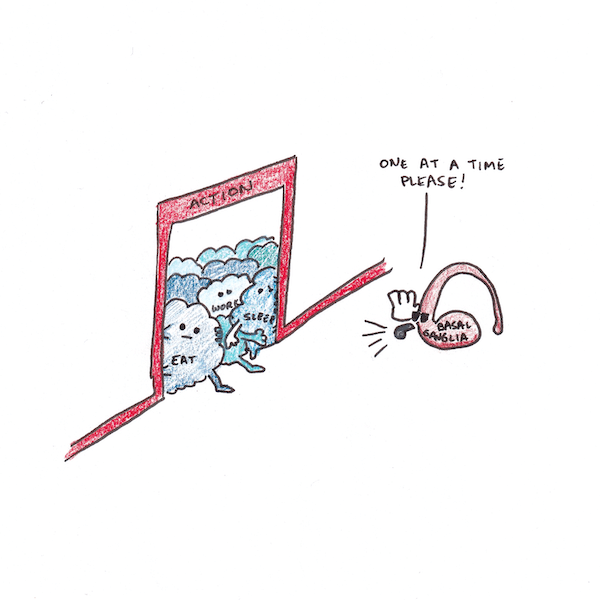The Motivation Trap
Our self-motivation and excitement have a relatively short life span, and while we want to be motivated before we start something, it is only possible once we have begun. This paradox is called the Motivation Trap and basically implies that action precedes motivation and not the other way round.
The trick is to to create systems and tools that get things done and sets us up for future success.
1.45K
4.47K reads
The idea is part of this collection:
Learn more about timemanagement with this collection
The importance of perseverance
How to embrace failure as a learning opportunity
The power of innovation and creativity
Related collections
Similar ideas to The Motivation Trap
Knowing how to ride the “motivation wave”
We may not feel motivated all the time but we should take advantage when we are motivated.
The key isn't to use this wave to get something done today, but to use that rush of motivation to set up systems that will force you to build better habits and stay...
How motivation works inside the brain
Our brains are parallel computing systems. Billions of neurons and trillions of synapses all fire independently. Yet, we can only take one action at a time. For example, we can't sit and jog at the same time.
The basal ganglia is situated in the brain's neocortex and receive inputs from ma...
The Cure: Falsificationism
As a way to cure this ill of self-confirming theories and belief systems, Popper came up with what is now called falsificationism: the idea that a theory or belief system can only be scientific if it clearly lays out what specific evidence would prove it wrong. ...
Read & Learn
20x Faster
without
deepstash
with
deepstash
with
deepstash
Personalized microlearning
—
100+ Learning Journeys
—
Access to 200,000+ ideas
—
Access to the mobile app
—
Unlimited idea saving
—
—
Unlimited history
—
—
Unlimited listening to ideas
—
—
Downloading & offline access
—
—
Supercharge your mind with one idea per day
Enter your email and spend 1 minute every day to learn something new.
I agree to receive email updates
